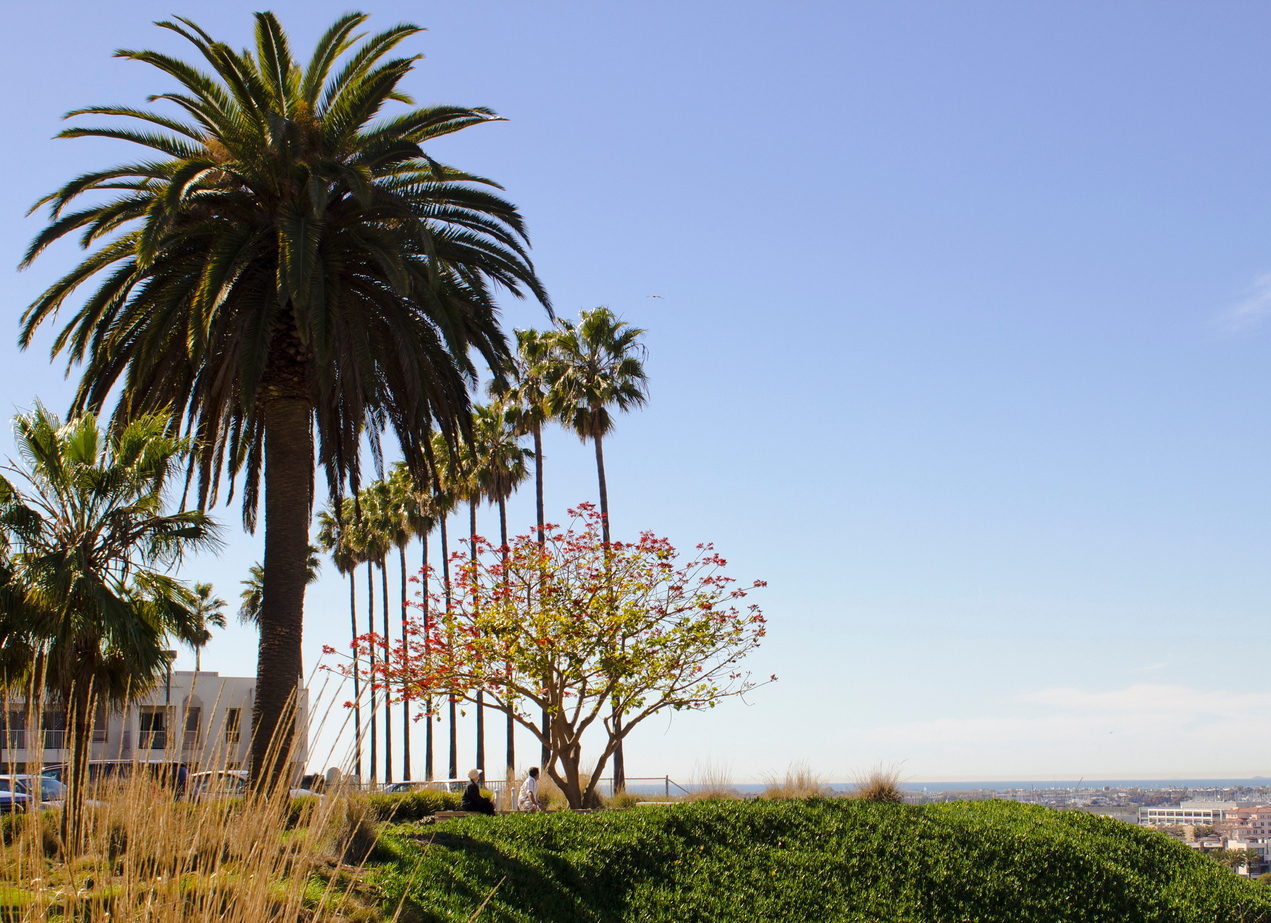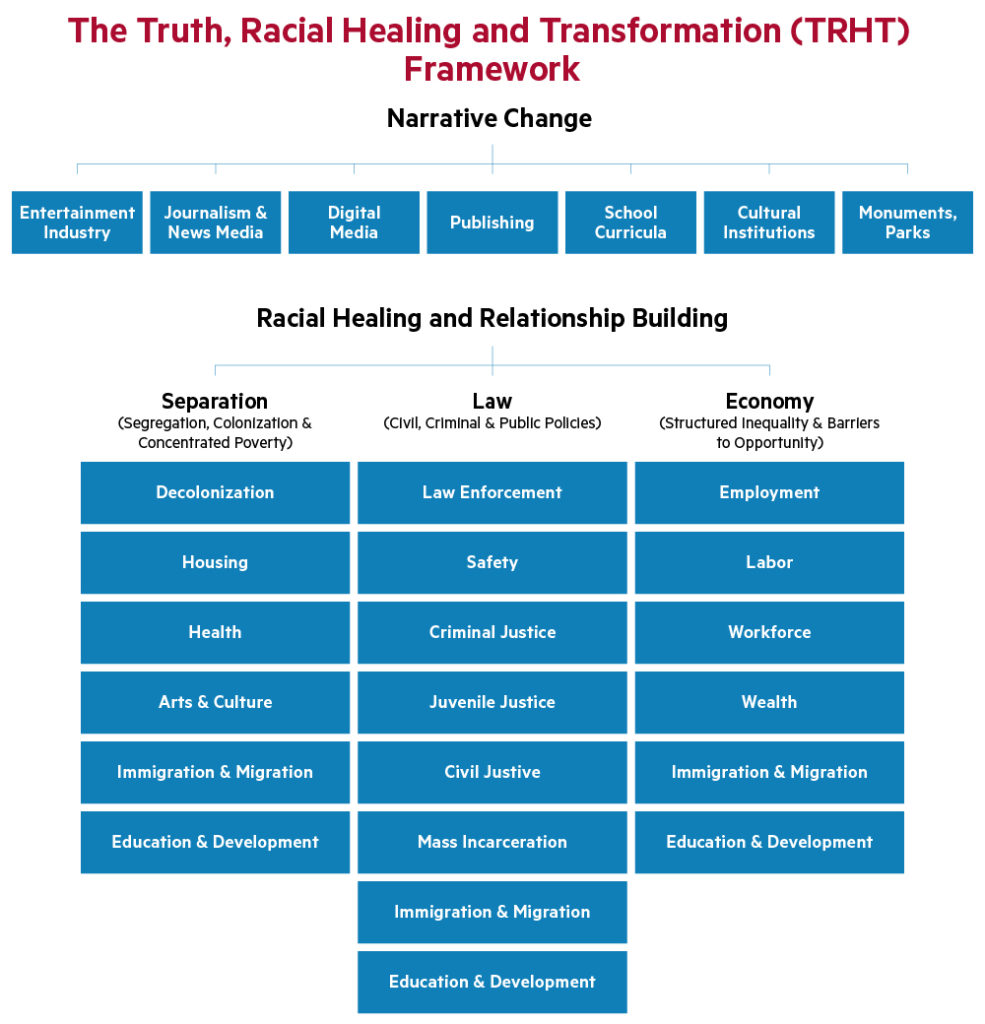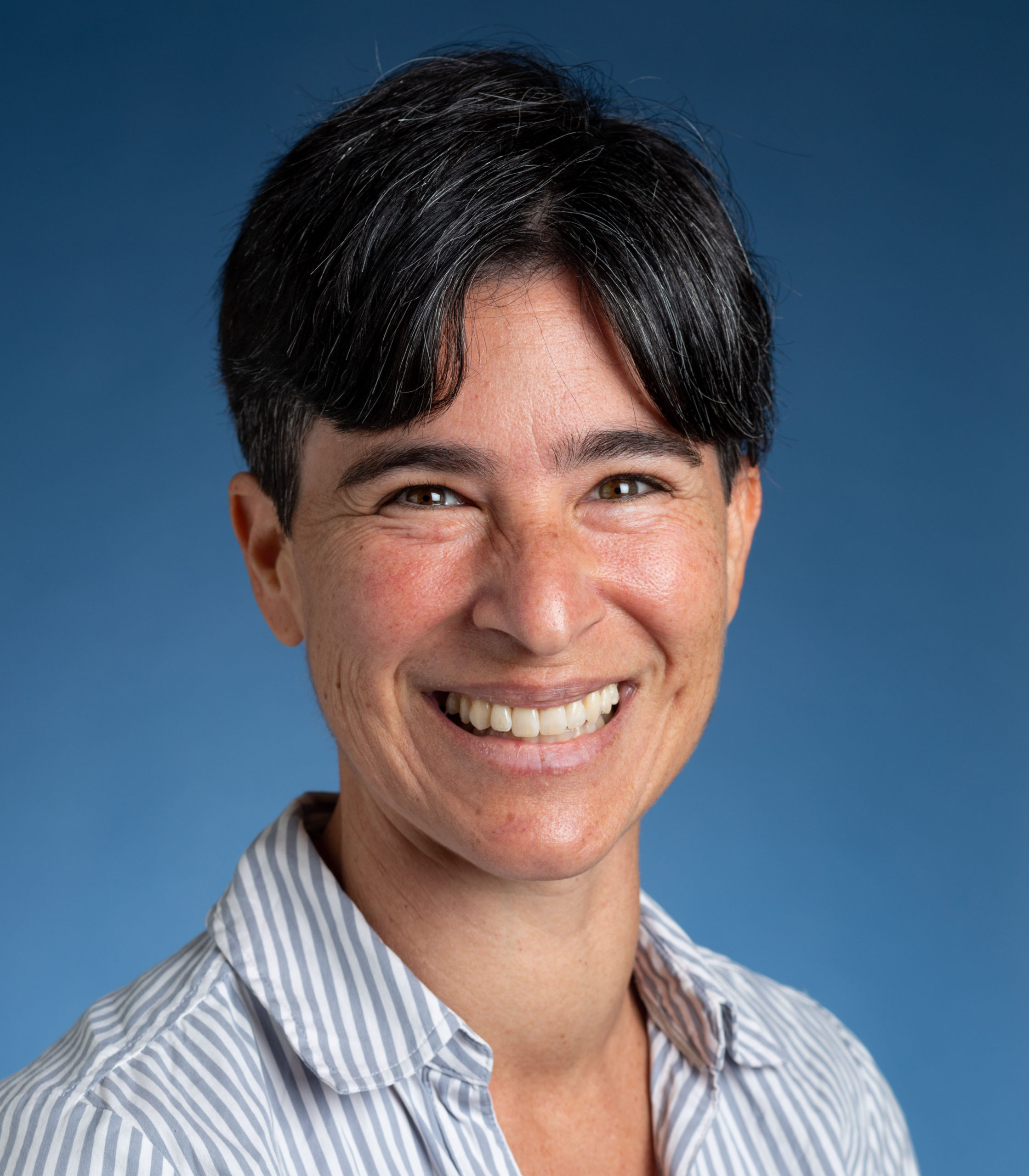
My entry into the field of education in 2003 as a young teacher on an intern credential and no prior classroom experience quickly led me to reflect on my own positionality as a white woman working in high school classrooms with mostly students of color. Teaching at the high school I graduated from spurred this reflection, as I confronted the discrepancies between my experiences at that school and all that my students were facing.
As I got to know my students, I realized the insidious nature of practices like tracking that I had never questioned as a student who had consistently been placed in the highest levels of classes. As I met brilliant students who had been tracked into lower-level classes, I started recognizing how many assumptions I carried about the world, including the myth of meritocracy and the promise of the so-called “American Dream.” I failed to understand at the time the numerous ways that systemic racism and other forms of oppression impacted my students’ lives, which at first made it difficult for them to fully engage in the classroom as the astute critical thinkers that they were. They were understandably wary to bring their full selves into the room.
I am grateful that soon after I began teaching, I found my way to restorative practices such as community building circles, and to AWARE-LA, an anti-racist group for white people that hosts dialogue spaces where I had the opportunity to unpack my experiences as a white person in the classroom and in the world. Restorative practices provided me with a philosophical foundation and tangible strategies for how to engage students on a human level, and how to shift the classroom dynamic to really listen to and learn from their experiences rather than allowing my assumptions to squash those opportunities for connection.
Over time, I discarded the layers of socialization I had inherited and learned to genuinely support my students’ learning. We co-created spaces where students could share authentically about their lives and build trust and community with each other, which ultimately deepened their learning and their connection to school, overall.
These past nearly 20 years in the field of education and my ongoing work with AWARE-LA has only deepened my lifelong commitment to working in service of justice and equity. The research I undertook in LMU’s Ed.D. program on the topic of restorative justice in schools revealed even deeper layers regarding the need to approach learning holistically and to honor the dignity and lived experiences that each learner brings to our classrooms and school communities. This research also underscored the need for white people, especially, to engage in a practice of unlearning throughout our lives. I co-founded AWARE-LMU in 2018 to encourage this work among white faculty and staff at LMU and treasure this opportunity to engage in dialogue with white colleagues on campus to support each other’s growth.

I am grateful to have the opportunity to serve as the inaugural director of LMU’s Truth, Racial Healing, and Transformation (TRHT) Center Alliance, which is guided by a framework for change that resonates deeply with my experiences as an educator, practitioner, and researcher. The national TRHT initiative launched in 2016 by the W. K. Kellogg Foundation emphasizes racial healing and relationship building as a foundation for transformation and sustainable change in institutions and communities.
Soon after announcing our commitment to becoming an anti-racist university, LMU was awarded our own TRHT Center Alliance by the American Association of Colleges and Universities in October 2021. As such, we are well positioned as a campus community to manifest the potential of this relational strategy to catalyze systemic change in service of our mutual liberation.
This past June, a team of 15 members of LMU’s TRHT Center Alliance Advisory Council virtually attended the annual TRHT Summer Institute to further hone our action plan initially developed in June of 2021 and to learn from the work of over 50 other campus centers engaged in the national network. A prevailing theme that emerged from dialogue among our team was a desire to deepen our collective ability to articulate connections between TRHT’s theory of change, LMU’s mission, LMU’s commitment to anti-racism, and a restorative paradigm for cultivating an inclusive community and skillfully address conflict.
Specifically, LMU’s commitment to educating the whole person as outlined in our university mission provides the imperative for engaging in ongoing self-reflective and relational work, as emphasized by the TRHT framework, so that we come to know ourselves in all our complexities and therefore have a basis for learning about, with, and from each other. The foundational practice offered by the TRHT national network – Rx Racial Healing Circles, which we call Story Circles at LMU – provides a tangible strategy for inviting members of our community to tap into our own humanity and to find points of connection with others. This practice of deepening self-knowledge and developing the capacity to bridge toward understanding each other comprises an invaluable foundation toward operationalizing our institution’s commitment to anti-racism and our mission. It is through witnessing each other’s stories that we find points of connection and can extrapolate a deeper understanding of our positionalities such that we are able to collectively mobilize toward systemic changes that support all of us in thriving.
Several areas across campus are already engaged in this type of work using a restorative paradigm that makes tangible our collective responsibility for cultivating a campus culture where we are each accountable to each other and to the community more broadly, especially all who have experienced historical exclusion. Amstutz & Mullet (2015) provide a definition of restorative justice that illustrates the philosophical and practical underpinnings of a restorative paradigm in service of anti-racism:
Restorative justice promotes values and principles that use inclusive, collaborative approaches for being in community. These approaches validate the experiences and needs of everyone within the community, particularly those who have been marginalized, oppressed, or harmed. These approaches allow us to act and respond in ways that are healing rather than alienating or coercive.
This restorative paradigm resonates with the TRHT framework’s emphasis on relational work as the foundation for cultivating equitable communities and promoting democratic practices across all lines of difference. Pointer’s (2016) notion of a “restorative university” further underscores the need for deliberate and proactive engagement on the interpersonal level to cultivate environments in higher education where a sense of belonging is felt among all constituents as a foundation for learning and engagement.
The newly revised action plan that guides the work of the TRHT Center Alliance for the upcoming academic year foregrounds this need to deepen our collective capacity for engaging in relational work that moves us beyond cancel culture and into the more nuanced realm of productive engagement. The word “alliance” signals that this is a cross-campus effort to bridge across departments, colleges, offices, and all constituencies that comprise the LMU community. This alliance aims to amplify the amazing work happening in many areas of the university and to expand the reach of these efforts through strategic coordination and collaboration.
We need all of us to engage in the work of ensuring that each of us is seen, known, and understood so that when disagreements, conflicts, and impacts inevitably happen, we have a relational foundation to draw upon. There is no shortcut for this. Amid all the pressures on our time, we need to invest in knowing ourselves and each other as whole people – our identities, our lived experiences, our needs, and our values – to create the conditions where we can benefit from the generative potential of constructive conflict. We must engage in this proactive work of deepening our connections with each so that we can truly account for how we impact each other and so we can continually learn and grow. Through our connections with each other, we will discover how to transform, individually and collectively, and co-create the anti-racist institution we long for.
If you would like to offer a Story Circle experience to a department, unit, or other group on campus, please contact Ariane White, the TRHT Center Alliance director at ariane.white@lmu.edu. More information about the TRHT Center Alliance can be found here.
Faculty and staff are encouraged to participate in the Affinity and Networking Groups focusing on specific identities, which provide spaces for reflection and solidarity based on shared experiences. More information about specific groups can be found here.
References
Amstutz, L. S., & Mullet, J. H. (2015). The little book of restorative discipline for schools:
Teaching responsibility; creating caring climates. New York, NY: Skyhorse.
Pointer, L. (2016). Building a restorative university. JANZSSA – Journal of the Australian and New Zealand Student Services Association, 25(2).
DEI Buzz
- Sign up for Cultural Consciousness Conversations, the aim of this project is to incite a campus-wide focus on intergroup relations, including campus conversations and dialogues around difference. The program is for faculty, staff, and administrators representing different campus constituencies and widely diverse backgrounds who would be willing to commit to a year-long program. View this page for more information and share the page with others in your office who may be interested.




